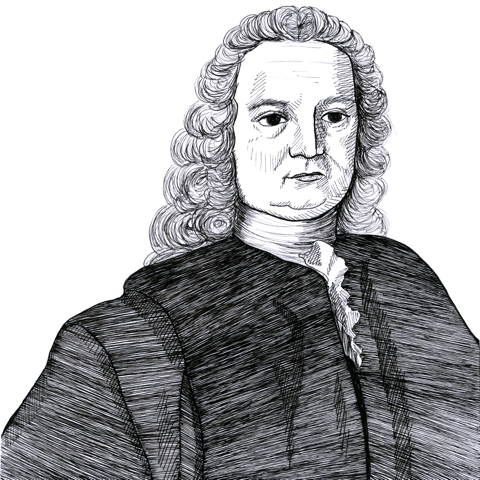
Francis Hutcheson on the difference between “perfect” and “imperfect” rights (1725)
Found in: An Inquiry into the Original of Our Ideas of Beauty and Virtue (1726, 2004)
The Scottish philosopher Francis Hutcheson (1694-1746) distinguished between “perfect rights” (like the right to life and liberty) which were so essential that one was permitted to use violence to protect, and “imperfect rights” which were not:
Natural Rights
The Rights call’d perfect, are of such necessity to the publick Good, that the universal Violation of them would make human Life intolerable; and it actually makes those miserable, whose Rights are thus violated. On the contrary, to fulfil these Rights in every Instance, tends to the publick Good, either directly, or by promoting the innocent Advantage of a Part. Hence it plainly follows, “That to allow a violent Defence, or Prosecution of such Rights, before Civil Government be constituted, cannot in any particular Case be more detrimental to the Publick, than the Violation of them with Impunity.” And as to the general Consequences, the universal use of Force in a State of Nature, in pursuance of perfect Rights, seems exceedingly advantageous to the Whole, by making every one dread any Attempts against the perfect Rights of others.